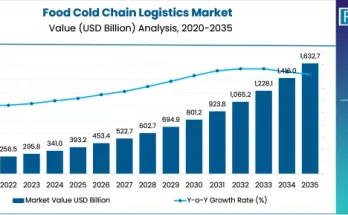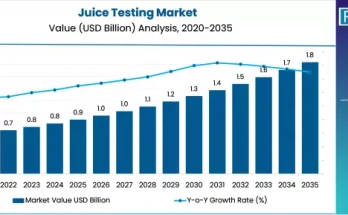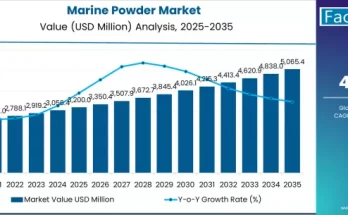According to Fact.MR, global demand for energy drinks is expected to exceed US$ 35 Bn by 2021. In the long-run, the industry is expected to clock a CAGR of over 8% to reach US$ 76 Bn in 2031. An increase in health consciousness, changes in consumer lifestyle, and greater awareness of health and wellness products is primarily expected to drive future demand.
From 2016 to 2020, the energy drinks market experienced a steady growth curve, recording a CAGR of nearly 4% to be valued at over US$ 33 Bn. Prospects temporarily nosedived in H1 2020, as the COVID-19 pandemic disrupted supply chains and logistics, generating shortages. Eventually, this was offset as vaccination drives began, permitting easing of restrictions.
Request a sample of this report for more market insights – https://www.factmr.com/connectus/sample?flag=S&rep_id=12
Key Segments Covered
-
Product Type
- Alcoholic Energy Drinks
- Non-Alcoholic Energy Drinks
-
Nature
- Organic Energy Drinks
- Non-Organic Energy Drinks
-
Distribution Channel
- Energy Drinks Sales via Modern Trade
- Energy Drinks Sales via Drug Stores
- Energy Drinks Sales via Convenience Store
- Energy Drinks Sales via E-Commerce
- Energy Drinks Sales via Other Retail Format
Key Takeaways from the Market Study
- Non-alcoholic energy drinks gaining ground, surging at 7% CAGR through 2031
- Preference for alcoholic beverages to remain, surpassing US$ 8 Bn by 2022
- By distribution channel, online platforms to gain momentum at 8% CAGR
- Non-organic variants top selling, valued at US$ 7 Bn currently
- U.S to experience a CAGR of 7.6% growth in the energy drinks domain
- China to account for 55% of energy beverage consumption globally
- India to register a robust 9% value CAGR across the forecast period
“Athletes and sportspeople are the primary consumers of energy drinks. Energy drinks continue to be a popular source of fast sustenance and refreshment, particularly among customers who engage in intense activities”, says a Fact.MR Analyst.
Competitive Landscape
Key manufacturers priorities product innovation to gain a competitive advantage. Product launches may assist businesses in capitalizing on the enormous development potential in developing regions. Recent developments are as follows:
- In March 2021, PepsiCo Inc. announced the introduction of a new line of energy drinks titled Mtn Dew Rise Energy under its Mountain Dew product range, with assistance from NBA superstar LeBron James. Every 16-ounce will contain Vitamins A & C and zinc to support the immune system
- In January 2020, Coca Cola introduced its first energy drink called Coca-Cola Energy in the U.S, devoid of any soda under four flavors: Coca Cola Energy, Coca Cola Energy Zero Sugar, Coca Cola Energy Cherry and Coca Cola Energy Cherry Zero Sugar.



